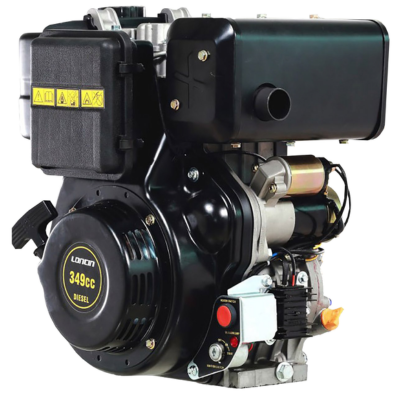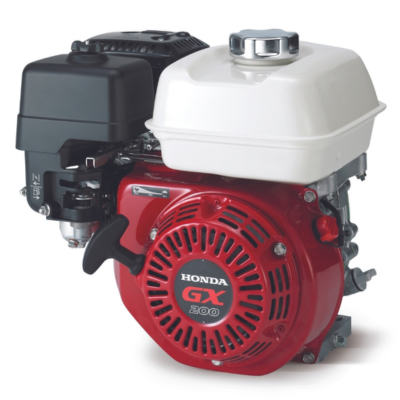What Is The Difference Between Diesel And Petrol Engines?
The key differences between a diesel and petrol (gasoline) engine come down to their operation.
They are both internal combustion engines that convert the chemical energy of fuel into mechanical energy. The key distinction between the two lies in their combustion processes:
Combustion Process:
In a petrol engine, the combustion process begins with the intake of a fuel-air mixture into the cylinder. A spark plug then ignites this mixture, causing a controlled explosion that pushes the piston down, generating power. This process is known as "spark ignition."
In a diesel engine, the combustion process involves compressing only air within the cylinder until it reaches a very high temperature. Fuel is then injected directly into the compressed, hot air, causing spontaneous combustion. This process is known as "compression ignition," and it doesn’t require a spark plug like in a petrol engine.
Which is the best engine for me?
When it comes to hydraulic systems, whether to use a petrol or diesel engine largely depends on the specific application and operational requirements. Here's a breakdown to help determine which is better for hydraulics:
Diesel Engines for Hydraulics
- Higher Torque Output: Diesel engines produce more torque at lower RPMs, which is ideal for hydraulic systems that require steady power to drive pumps efficiently.
- Fuel Efficiency: Diesel engines tend to be more fuel-efficient, making them suitable for applications where long operating hours are required.
- Heavy-Duty Applications: Diesel engines are preferred in heavy-duty hydraulic equipment, such as construction machinery, agricultural equipment, and industrial applications.
- Durability: Diesel engines are known for their long life and ability to withstand high loads, making them more reliable for continuous hydraulic operations.
- Common in Industrial Settings: Diesel-powered hydraulic systems are more common in large-scale or outdoor industrial environments.
Petrol Engines for Hydraulics:
- Lighter Applications: Petrol engines are more suitable for light-duty hydraulic systems where compactness and lower weight are important.
- Smoother & Quieter Operation: Petrol engines typically run quieter and smoother than diesel, which may be a consideration for certain portable or mobile hydraulic units.
- Lower Upfront Cost: Petrol engines are often cheaper upfront, making them attractive for smaller-scale or intermittent-use hydraulic systems.
- Shorter Operating Hours: For applications that don’t require extended running times, a petrol engine could be sufficient and more economical.
Which is Better for Hydraulics?
- Diesel engines are generally better for heavy-duty, high-torque hydraulic applications, such as industrial, construction, and agricultural equipment where longevity, power, and efficiency are critical.
- Petrol engines are ideal for light-duty, mobile, or short-term hydraulic applications where portability, lower cost, and quieter operation are preferred.
If your hydraulic system requires high, sustained power output over long periods, a diesel engine is likely the better choice. If it's a portable or smaller system for intermittent use, a petrol engine may be more suitable.
Flowfit: Leading UK Provider of Hydraulic System Components and Accessories
Flowfit is the go-to source for top-of-the-line hydraulic system components and accessories. Our company prides itself on delivering quality products that surpass industry standards. If you're unsure about what you need or can't seem to find a specific product, don't hesitate to give us a call. Our Technical Sales team is well-versed in the latest industry trends and can suggest the best products for your needs.
View our full range of petrol & diesel engines today!
The total one-stop supplier for hydraulic components & systems
Get in touch
Parys Road
Ludlow
Shropshire
SY8 1XY










